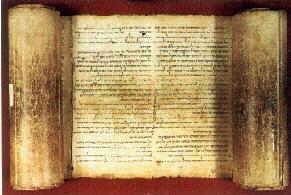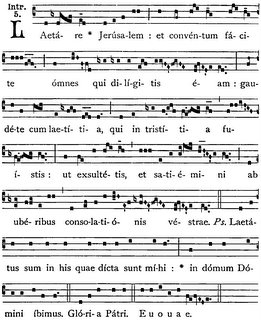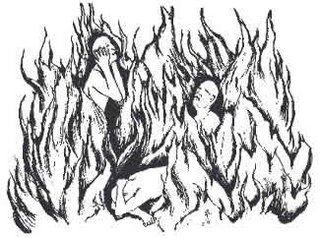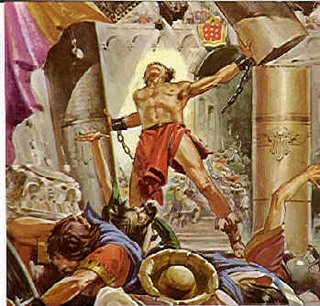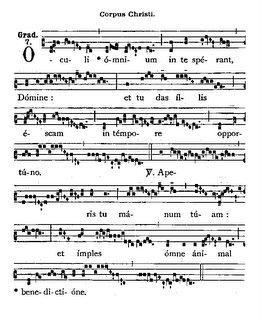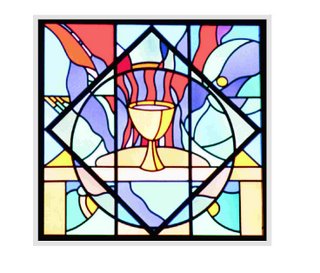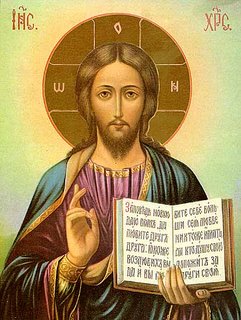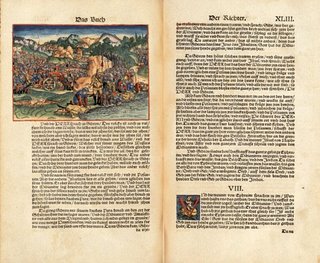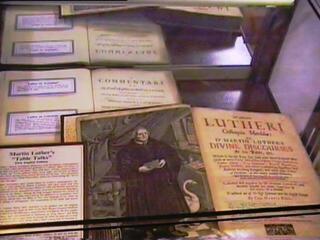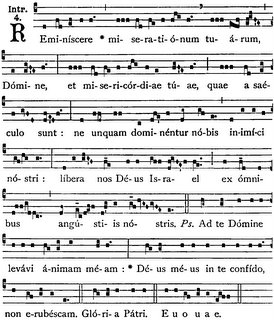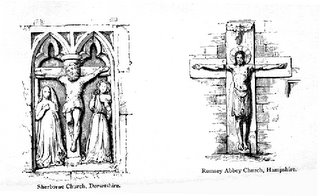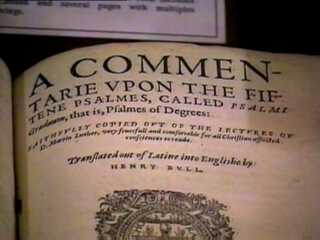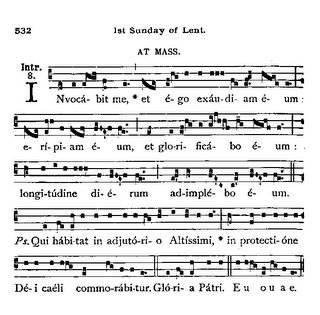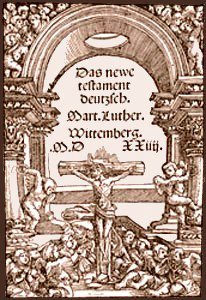
You say: “Well, does not Christ Himself often frighten and threaten us in the Gospel? For example, when He says (Matt. 4:17): ‘Repent!’ Or in Luke 13:5: ‘I tell you, unless you repent, you will all likewise perish.’ ” Why, these are Christ’s own words, and a faint and saddened conscience must constantly worry lest they pertain to it. It must declare: “Say what you will, Christ Himself makes this statement. Who can ignore it?”
I reply: This is why I said that
we must become skilled artists and learn to distinguish well between Christ’s rebukes and His threats, and know where to apply His words.
Therefore even though Christ Himself does speak threatening and frightening words here and there, I am not to apply these words to myself. For they pertain only to the smug, impenitent, hardened, and wicked scorners of His Word and His grace. Therefore since I am a Christian and a disciple of my Savior, do not try to harass me with these verses. For even though they are Christ’s words, you are not quoting them at the right time and at the proper place; nor are you applying them to the person to whom they refer. You are not using the words as Christ does; but they are being perverted by that lying spirit, the devil, who diverts both the threatening and the comforting words from the group to which they apply, just as he perverts all God’s Words and transforms truth into a lie.”
It is indeed a real Christian art to distinguish in the heat of battle between the suggestions of Christ and those of the devil. Only one who is experienced will realize the difficulty. For, as I have said, the devil can so clothe and adorn himself with Christ’s name and works, and can pose and act in such a way, that one could swear a thousand oaths that it is truly Christ Himself, although in reality it is the archenemy and the true Archantichrist. Therefore if you are a Christian, you must learn to conclude from this that anyone who wants to terrify and dishearten you is surely the devil’s messenger. For whenever Christ frightens someone away from unbelief and a sinful life into penitence and conversion, it is of short duration. Thus He frightened Paul before his conversion, and thus St. Paul, in the name of Christ, frightened the Corinthians and the Galatians. (The reference seems to be to the following passages: Acts 9:3–5; 1 Cor. 5:1–5; Gal. 3:1.)
For it is not Christ’s purpose to keep you sad; no, in a short time He frees you from sadness and comforts you. The devil does not do this. He does not let a single proud and impenitent person despair; or when such a person finally does lapse into terror and fear, as happens in the end to all such, then he deserts him. Even then he does not put an end to his terrorizing but oppresses and distresses him so severely that he must despair eternally
unless he is restored by Christ. –Martin Luther



